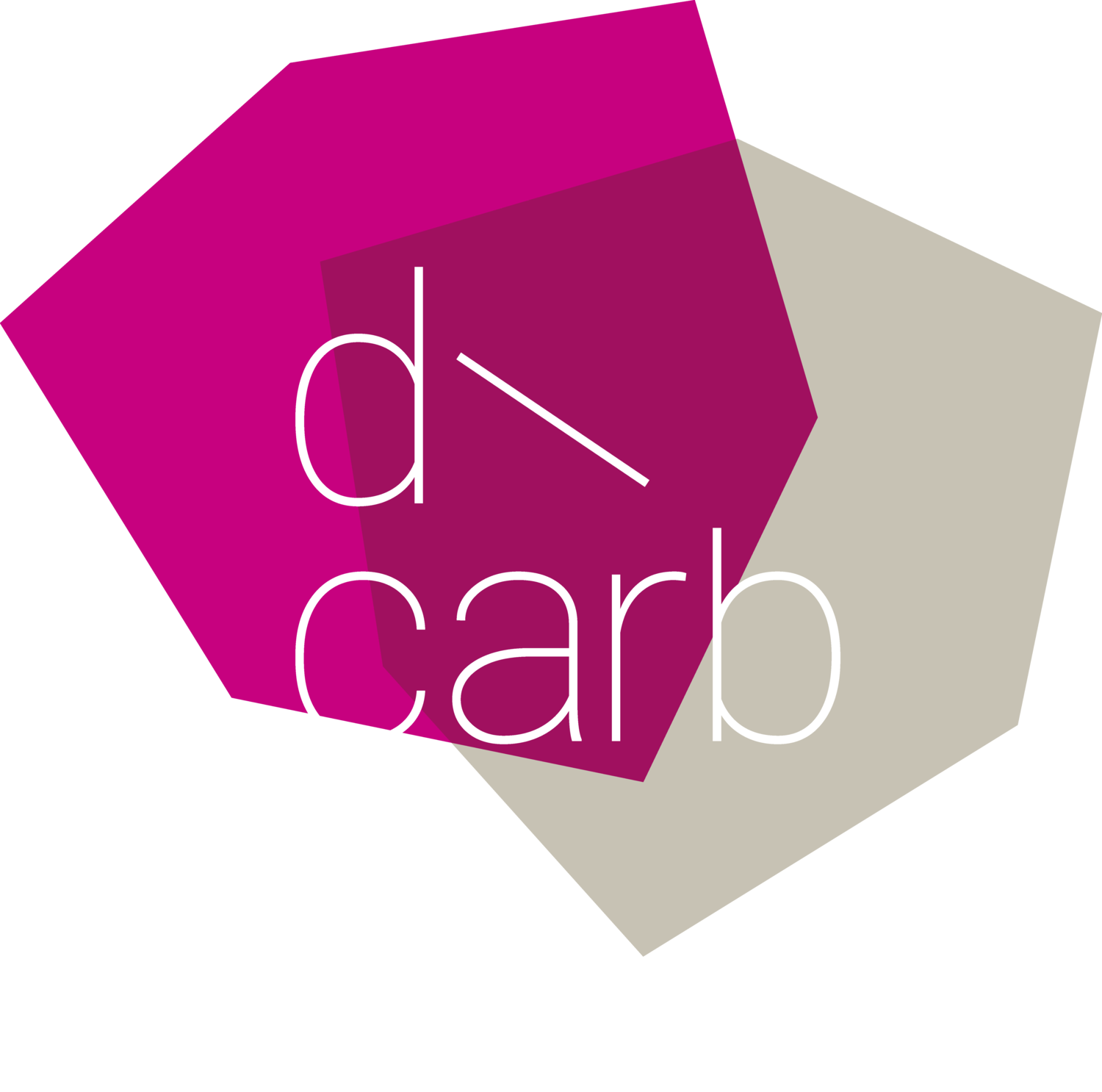About the event
How can governments design better policies through experimental evidence? How do we ensure public spending for innovation – including climate, science, and healthcare – achieves real impact? How can Germany and the EU establish a culture of policy learning?
In a world marked by rising geopolitical tensions, fiscal pressure, and a need for systemic decarbonization, the role of rigorous policy evaluation is more vital than ever. This one-day workshop brings together leading economists, policymakers, and practitioners to chart a path toward more effective, evidence-based policy-making – with a special focus on climate, innovation, and healthcare.
The event will explore how methods such as randomized controlled trials (RCTs) and quasi-experimental approaches can inform the design and evaluation of public policies, more efficiently allocate public funds, and boost citizen trust in government effectiveness.
Join us as we explore a new frontier in policy-making that blends academic rigor with political relevance – to support Germany and Europe in delivering on their policy goals.
Agenda
10:30 – Welcome Remarks
Uwe Cantner (EFI / University of Jena), Ariel Dora Stern (Hasso Plattner Institute), Nils Handler (d\carb future economy forum)
10:40 – Opening Remarks
Cornelia Woll (President of the Hertie School)
11:00 – Session I: Experimental Innovation Policy
How can randomized trials and causal analysis enhance the effectiveness of green innovation policies? What are the lessons from the Innovation Growth Lab, EFI, and academic frontier research?
Moderated by: Christian Meyer (University of Oxford)
Speakers: Chiara Farronato (Harvard Business School), Albert Bravo-Biosca (Innovation Growth Lab), Veronika Grimm (German Council of Economic Experts), Uwe Cantner (EFI / University of Jena)
13:30 – Session II: Evidence-Based Healthcare and Science Policy
From clinical trials to public R&D: what are best practices in evaluating impact in science and health? And how transferable are they to energy and climate policy?
Speakers: Kyle Myers (Harvard Business School), Ariel Dora Stern (Hasso Plattner Institute)
15:45 – Session III: Putting Things into Practice – Ministries on the Move
How are German ministries and agencies implementing evidence-based practices in real-time? What works – and what are the institutional bottlenecks?
Keynote: Simon Jäger (Princeton University / IZA)
Moderated by: Michael Braun (J-PAL Europe)
Speakers: Judith Peterka (German Chancellery), Malte Petersen (German Chancellery)
17:00 – Closing Remarks
Uwe Cantner, Ariel Dora Stern, Nils Handler
This event is organized and hosted by the d\carb future economy forum, with support from the Hertie School - Centre for Sustainability and the Berlin School of Economics.


